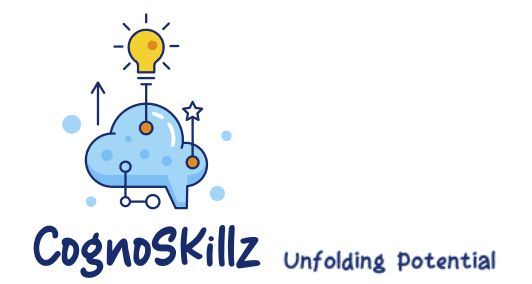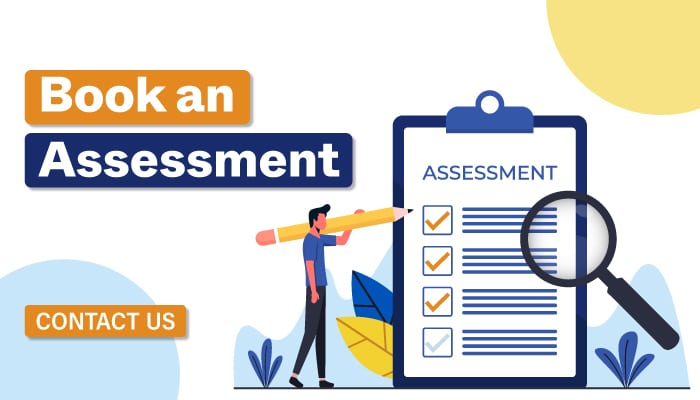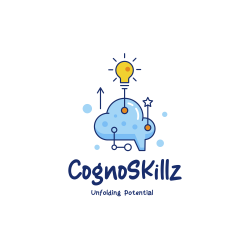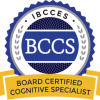MEMORY - BRAIN TRAINING TO IMPROVE MEMORY SKILLS
“How did you forget you had a test in school today?”
“You forgot to bring back your water bottle from school again?
“My son forgets to wear his school ID card every other day!” “My daughter forgets to do her homework every time!”
Many parents will resonate with these rants. Most of them would have made that extra trip to their child’s school every other week to drop off items that have been forgotten, like lunches, homework, project models and so on, despite numerous reminders.
Everybody has occasional forgetfulness. Some children, however, appear to forget everything. Completing tasks, following basic daily instructions, and recalling lists could be challenging for them. However, these children aren’t forgetful, lazy or unable to retain knowledge; they are merely having trouble with memory.
TYPES OF MEMORY PROBLEMS IN CHILDREN
There are two kinds of memory-Short-term or Working memory and Long-term memory.
Long term Memory (general memory) involves memory for factual knowledge, experiences, and events. It also includes memory for names, places, people.
Short term memory (Working Memory) works with attention to keep track of recent incoming information. It’s when your brain takes in information to use it temporarily to do tasks, for example: remembering a number while calculating in math or to then transfer it to Long term memory, for example: remembering tasks to be done a day or few days later.
WEAK WORKING MEMORY – THE MAIN REASON FOR FORGETFULNESS IN CHILDREN
Weak working memory in children causes them to not focus or pay attention which leads the child to not remember how to do simple tasks. The child can struggle to even remember to do homework, in their inability to manage their time and work towards completion of day to day activities.
ADDITIONAL CAUSES THAT WEAKEN MEMORY IN CHILDREN
Lack of sleep, hunger and stress are a few of the common factors that contribute to
children’s forgetfulness.
ROLE OF PARENTS IN AIDING MEMORY IMPROVEMENT
While persistent forgetfulness can be extremely frustrating, parents can make a significant difference by improving the child’s lifestyle. They can also help in building in regular exercise, good sleep routines and ensuring their youngsters eat a balanced diet that has Omega 3 fatty acids, Vitamin E, and Vitamin C, which support memory and aids in cognitive function.
Additionally, they can teach children to visualize thoughts, encourage active reading sessions, break down information into smaller easy to grasp bits and maintain checklists.
BOOSTING THAT BRAIN WITH BRAIN TRAINING
The brain has several parts that work together to perform its complicated functions. One of the critical brain tasks is memory and learning. Research states that Short term and Long term memory is bolstered and significantly improved by brain training activities and games. Children can read, focus, remember, and learn more easily by training with intense and fun drills that challenge the mind and sharpen their memory in the process.
COGNOSKILLZ BRAIN TRAINING
During one-on-one brain training sessions, we challenge your long-term memory, working memory, and other related cognitive skills with targeted activities. We use mental drills and exercises to give your memory a workout. Our individualized BrainRx brain training programs concentrate on client specific brain training goals.
CONTACT US to know more or book a Cognitive skills assessment test. Take a step forward in making your loved one’s life easier with sharper and stronger memory and cognitive skills.
Designed by : Webcap



